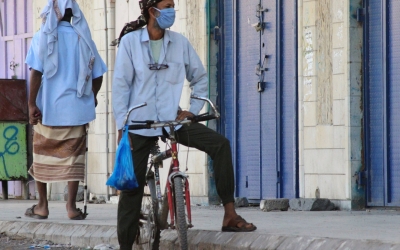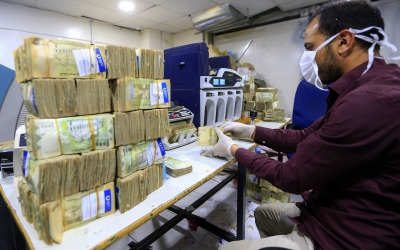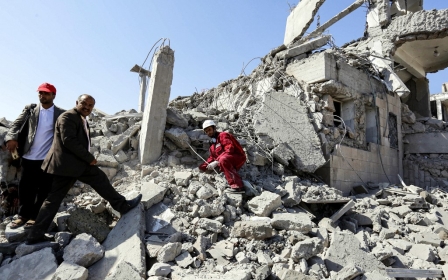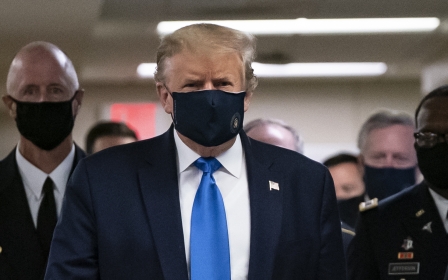Thousands of Yemeni Americans left stranded amid war and pandemic
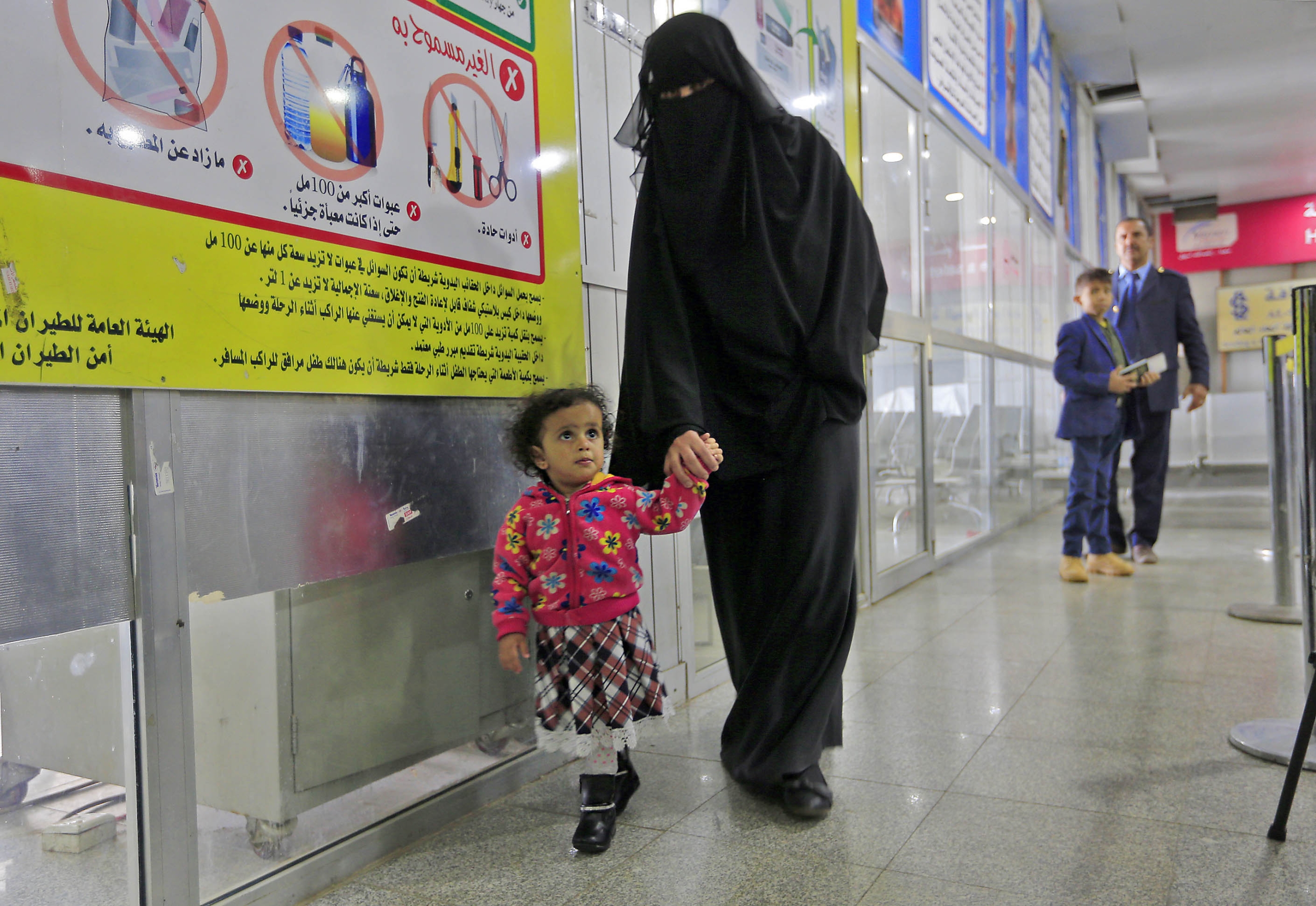
The Trump administration has come under heavy criticism from Yemeni-Americans after many said they were abandoned in the war-ravaged country by Washington during the coronavirus pandemic.
Thousands of Yemeni Americans have found themselves trapped in the country since 18 March, when the internationally recognised government shut its airspace to commercial flights because of the virus.
'These are our people, American citizens. If there were US citizens stranded in Germany or France, the American government would have sent an airplane to get them back'
- Mohamed Atia, Yemeni American Association
The US State Department launched repatriation flights to several countries, including Argentina, Peru and Saudi Arabia, earlier this year. So far, it has coordinated the repatriation of 101,386 Americans from 136 countries and territories - but Yemen was not included in the charter scheme.
"These are our people, American citizens," Mohamed Atia, the secretary of the Yemeni American Association, told MEE.
"If there were US citizens stranded in Germany or France, the American government would have sent an airplane to get them back.
New MEE newsletter: Jerusalem Dispatch
Sign up to get the latest insights and analysis on Israel-Palestine, alongside Turkey Unpacked and other MEE newsletters
"What's the difference between those Americans in Yemen, and those in any other country?"
'I'm worried about my daughter'
Yemen has been mired in conflict since 2014 when the Houthis, a rebel group traditionally based in the north of the country, took over the capital, Sanaa, and large parts of the country.
The conflict deepened in March 2015 when a Saudi-led military coalition intervened in a bid to restore the government of President Abd-Rabbu Mansour Hadi.
The ongoing war has devastated the country, with about 80 percent of the population, or 24 million people, requiring some form of humanitarian or protection assistance, according to UNOCHA.
Abrar Alwahadi, a four-year-old Yemeni-American with US citizenship, went to Yemen earlier this year with her mother, expecting to be there for no more than a month.
Then the coronavirus pandemic struck, leaving Abrar trapped in Yemen, a country with little to no healthcare infrastructure because of the fighting.
To make matters worse, she has long run out of her supply of medication to treat a severe form of asthma.
"There is no medicine there like the one they have here [in the US]," her father, Ali Alwahadi, told MEE.
Doctors Without Borders (MSF), one of the few medical organisations still delivering humanitarian assistance, has warned that the pandemic has caused Yemen's healthcare system to "collapse completely", with a lack of doctors and protective equipment expected to cause countless avoidable deaths.
"With Covid-19 and many other diseases in Yemen, I'm worried about my daughter," her father said.
Atia told MEE that his organisation and the Council on American-Islamic Relations were working to bring back more than 560 individuals and families from Yemen.
Most of the stranded Americans are individuals who travelled to Yemen see their wives, children and family that have been prevented from entering the US as a result of Trump's immigration ban, widely seen as a "Muslim ban".
While the US State Department repatriated about 300 US citizens from the war-torn country on 29 June and 1 July, Ammad Rafiqi, a staff attorney with CAIR-San Francisco Bay Area, told MEE that his organisation was in consultation with far greater numbers.
"There are about 5,000 or so individuals stuck in Yemen," Rafiqi said.
"We're working very closely with the State Department, particularly the Yemen desk, to push them to confirm additional flights and obviously, not just a couple of flights, we probably need five, six more as the numbers come in."
A State Department spokesperson told Middle East Eye it was looking for additional flights for Yemenis, but at this moment the "demand for these flights exceeds capacity".
"Cases involving US citizens in Yemen and areas where we do not have a consular presence are extremely complex, particularly with the ongoing pandemic," the spokesperson said.
The US embassy in Yemen shuttered its doors when the Saudi-led coalition began its campaign in the country in 2015.
Still, Rafiki said Washington has the capacity to establish some sort of diplomatic presence in the country.
"We've seen that the State Department just recently opened up some sort of a counsellor service for US nationals in Erbil, Iraq, which is obviously a Kurdish region and has been facing a lot of issues," he said.
"So it's possible, you know, given that Aden is in more of a stable situation right now."
Middle East Eye delivers independent and unrivalled coverage and analysis of the Middle East, North Africa and beyond. To learn more about republishing this content and the associated fees, please fill out this form. More about MEE can be found here.


